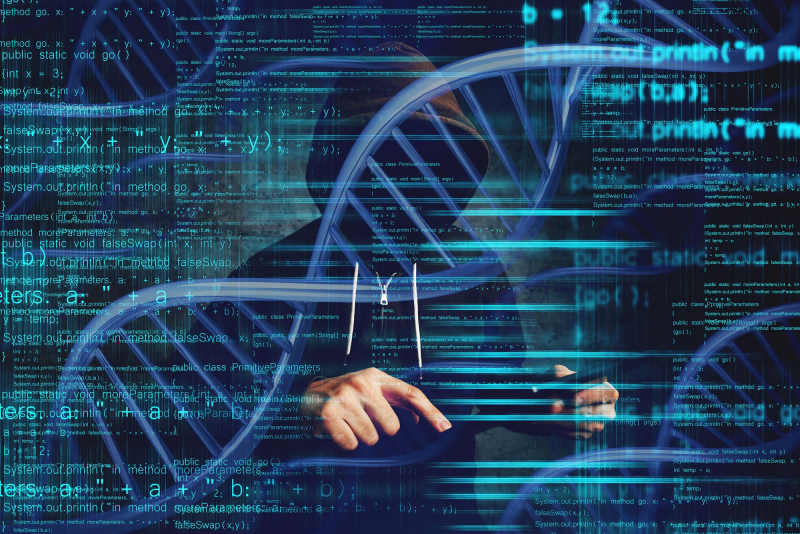Hack The Human DNA
From microscopic organisms through bugs, plants, fish, and humans, DNA is the blueprint for all life. Researchers can now change that blueprint to help control environmental hazards and fight diseases. CRISPR has enabled independent researchers to play with the basic elements of life for the first time, generating many ethical and moral challenges along the way. Once this technology is truly unleashed, it will surely be utilized to achieve the unthinkable: change the human genome itself.
Scientists may be able to control a wide range of human genetic expressions with CRISPR during their lifetimes, including resistance to certain diseases, facial traits, athleticism, intelligence, and really any other feature they assume to be natural. It's truly an issue of ethics at this point, because the technology is largely in place. A few experiments, particularly in China, have demonstrated the viability of CRISPR-aided human genome changes, and the findings have been promising.












